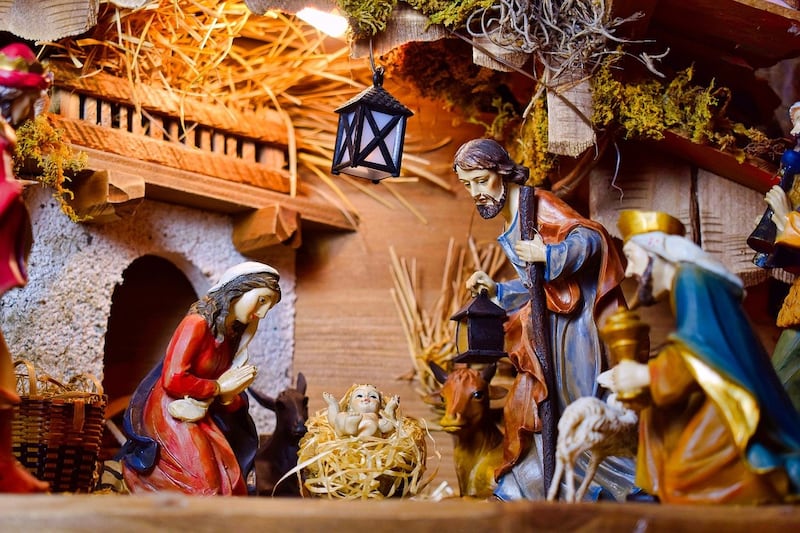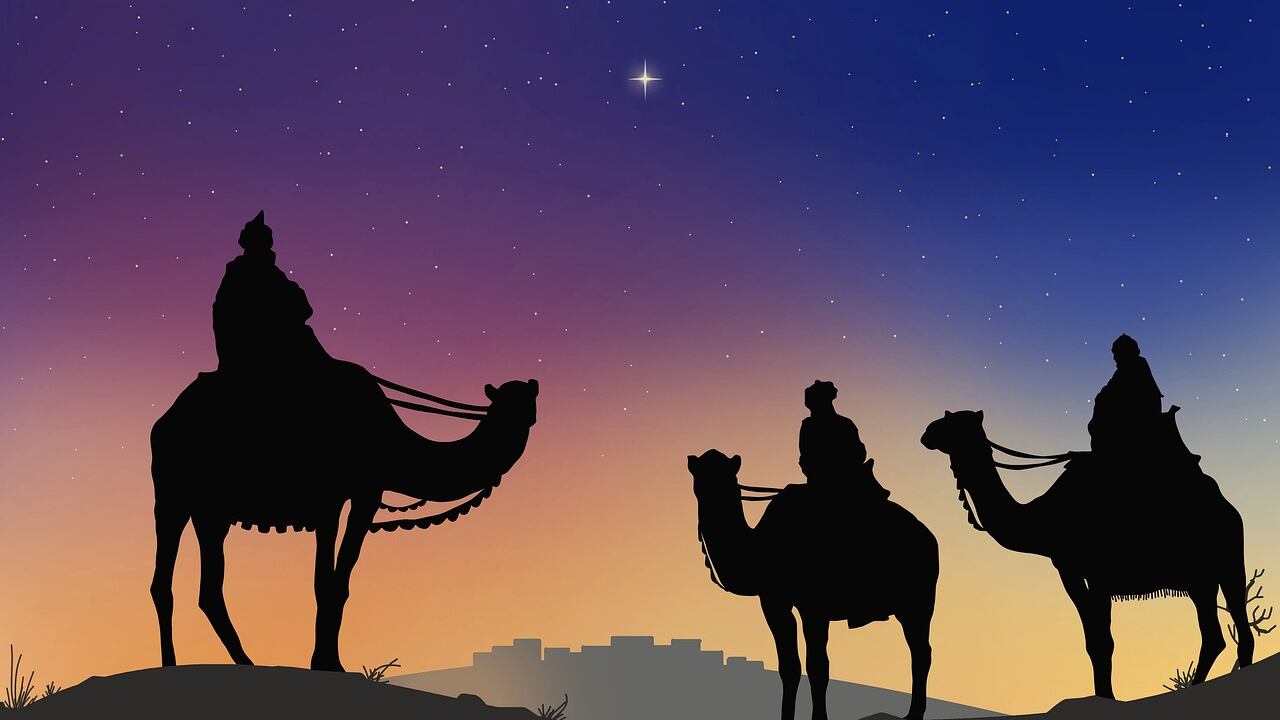The tradition of the Three Wise Men is one of the most beloved customs in many cultures around the world, especially in Spanish-speaking countries.
PUBLICIDAD
This tradition has its roots in biblical stories and has evolved over the centuries to become a celebration full of magic, generosity, and joy.
PUBLICIDAD
Biblical origin
The Three Wise Men, also known as the "Three Kings" or the "Magi from the East," are mentioned in the Gospel of Saint Matthew, in the New Testament of the Bible. According to the story, after the birth of Jesus in Bethlehem, some wise astronomers, guided by a star, traveled from the east in search of the child who would be the king of the Jews. They brought with them three gifts: gold, frankincense, and myrrh, symbols of the royalty, divinity, and humanity of Jesus, respectively. Although the Bible does not specify the exact number of wise men, tradition has reduced them to three because of the three gifts mentioned.

Expansion of tradition
Throughout the centuries, the figure of the Three Wise Men gained more prominence in religious celebrations. In the Middle Ages, the idea that the Magi represented different continents was consolidated: Gaspar from Europe; Melchior from Asia; and Balthasar from Africa. This symbolic representation of cultural diversity reflected the expansion of Christianity and the universal vision of Christ's message.
The celebration of Epiphany, on January 6th, became an important festivity in Christian liturgy, commemorating the revelation of Jesus as the Savior for all humanity, symbolized by the visit of the Three Wise Men. In many countries, Epiphany Day is known as "Three Kings Day" and is celebrated with parades, theatrical performances, and, of course, the giving of gifts, in a gesture that recalls the Magi's act of generosity.
Popular traditions
In various regions of the world, the tradition of the Three Wise Men is celebrated in very special ways. In Spain and much of Latin America, January 6th is marked with parades in which the journeys of the Three Wise Men are represented, who throw sweets and gifts to the children who await them. In Mexico, for example, the "Rosca de Reyes" is prepared, a sweet bread with a circular shape that contains plastic figurines, and whoever finds one of these figures must organize the "La Candelaria" party on February 2nd.
In other countries, children leave shoes or small shoes the night before, and when they wake up, they find that the Three Wise Men have left gifts and sweets as a sign of their generosity. In some regions, special prayers are also held in churches to honor the visit of the Magi and their role in the sacred story.
